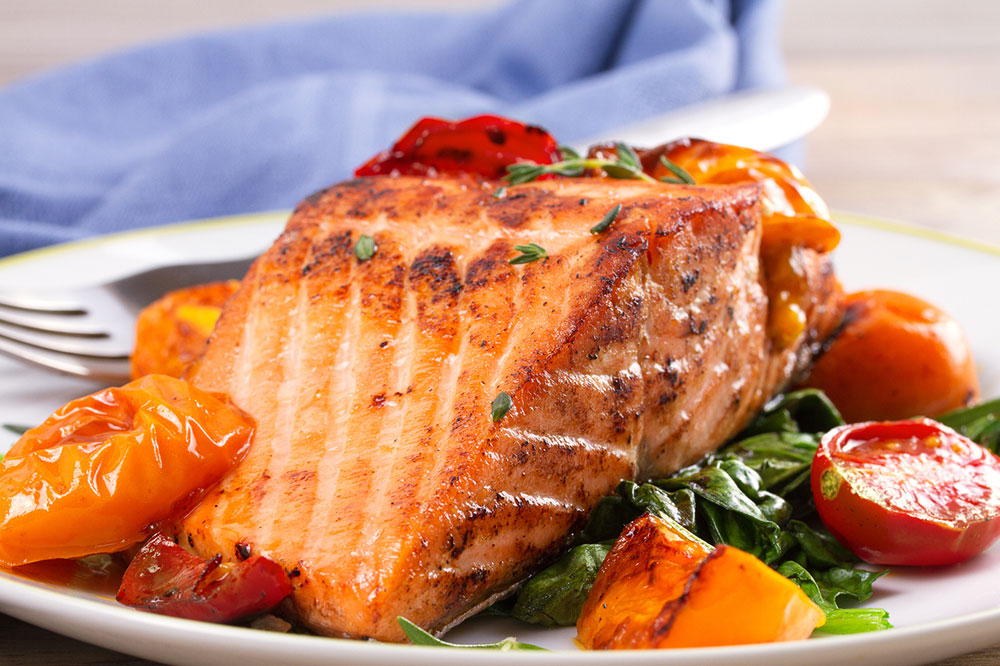5 essential dietary tips for GIST patients
A gastrointestinal stromal tumor (GIST) occurs rarely. It begins in the gastrointestinal (GI) tract and slowly spreads to the lymph nodes. It usually starts in the stomach. In some cases, the cancerous cells start to grow in the small intestine, esophagus, colon, and the rectum as well. GIST is usually treated through surgery or targeted therapy. To help the healing process, proper nutrition is recommended. Here are a few dietary tips for GIST patients.

Consume fresh fruits and vegetables
Colorful fruits and vegetables contain antioxidants and cancer-fighting properties. Blueberries, blackberries, raspberries, strawberries, red bell peppers, and so on are nutritious additions to one’s meals. These whole foods are great sources of micronutrients. All of these are essential for strengthening the immune system and improving one’s overall health.
Include legumes and whole grains
The colon may be adversely affected due to GIST. Whole grains and legumes are rich in fiber, which help the gastrointestinal system function better. Fiber-rich whole foods can also improve the health of the colon. Beans, lentils, rye, quinoa, and other legumes and grains must be included in a GIST diet.
Avoid red meat
One should limit their intake of red meat. Foods based on red meat can be had occasionally, but it is better to avoid them completely. Fish and lean meat are better options when the protein requirement is high. Low-fat dairy products, eggs, and soy-based foods are also healthier alternatives to red meat.
Avoid charred foods
Meat, fish, eggs, and any other foods cooked on direct heat can contain carcinogenic substances. This is why it is advisable to restrict the intake of foods cooked on direct flame. It is better to occasionally eat foods that have been cooked using low-temperature techniques. Broiled foods are preferable than grilled foods in the case of GIST cancer. In addition, it is also important to lower the intake of cured and smoked meats, such as hot dog and bacon.
Lower the intake of fats
One must keep away from foods that contain animal fats. Baked goods and foods cooked in hydrogenated fats should also be strictly avoided. In addition, it is crucial to lower the intake of vegetable oils that contain trans fats. One should also increase the intake of foods containing omega-3 fatty acids, which are healthy fats. These are present in golden flaxseeds, fatty fish, and walnuts, among others.